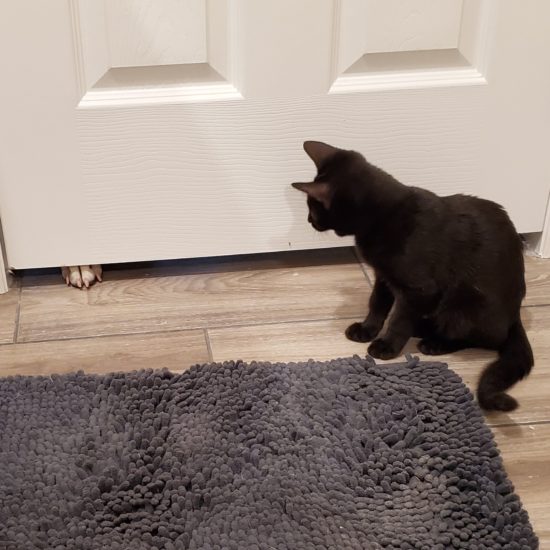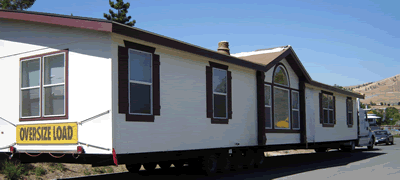I didn’t post anything anything yesterday in remembrance if 911…and I’m ashamed. 🙁
One of my connections, Jake Bjorseth, had a profound post this morning about growing up in a world where terrorism is a norm. He was 17 months old when 911 occured.
See, as a 21-year veteran, I was deeply involved. I’ve seen the impact and lost friends to 911, the bombing of the USS Cole and Khobar Towers. Even more in Desert Storm I and II and the many wars fought since then.
I was stationed in Germany on 911. A Public Affairs officer from down the hall ran into our office and told us to get down to their office immediately. We walked in as the second plane hit the towers.
Once we realized it was real, the base–all bases across the world were mobilized. The United States was under attack on U.S. soil!
I was to fly to DC the next day, but all flights were grounded and I didnt fly out until the 21st.
I remember the patriotism felt across the nation and the support from the world.
Being someone deeply impacted and who painfully remembers the impact of 911, it is my responsibility to make sure you understand and never forget.
I’m sorry I let you down. Lest We Forget!
#success #incubator #business #coaching #consultants
Crosscutter Enterprises
www.crossctr.com


